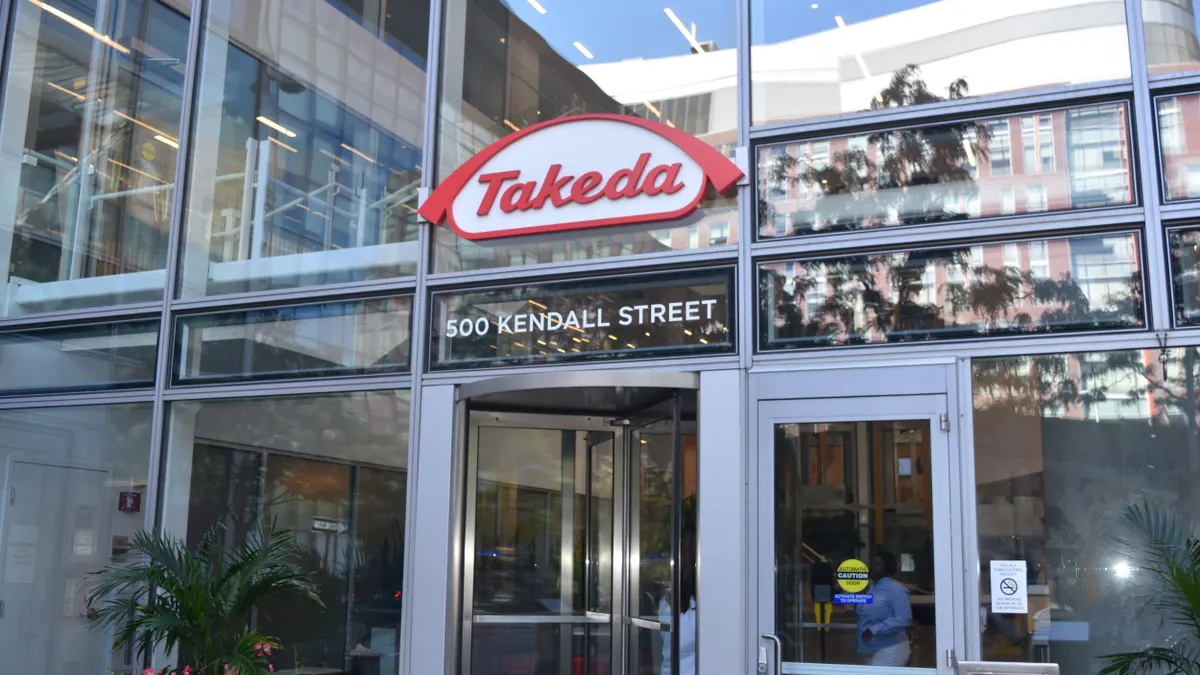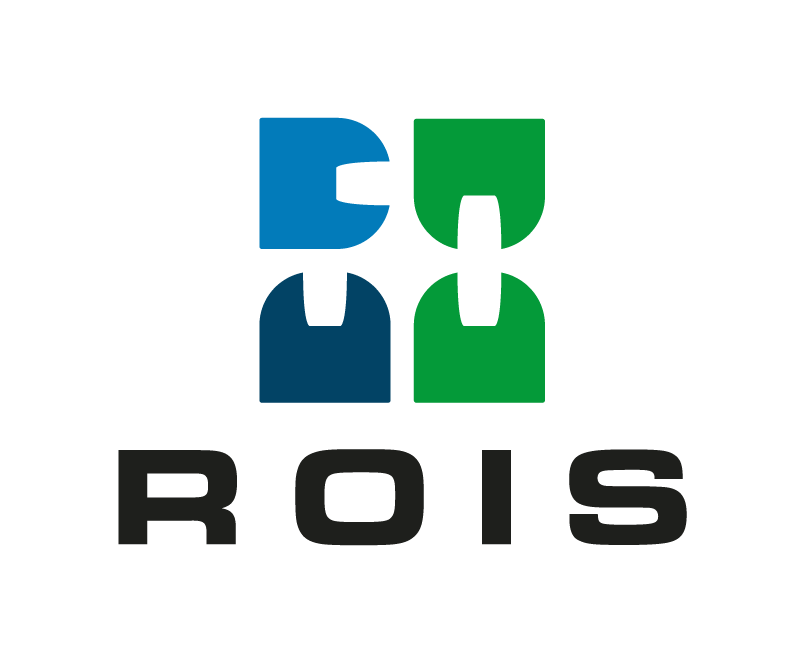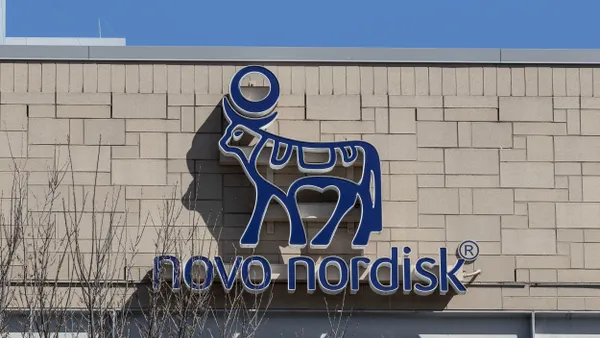Takeda will abandon all of its cell therapy work, retreating from research into a field it had made once made a strategic priority.
The Japanese pharmaceutical giant said on Wednesday that, as part of a “strategic portfolio prioritization process,” it will stop its cell therapy research. Takeda plans to seek an “external partner” to advance that work, which includes platform technologies and certain “clinic-ready programs.” It doesn’t currently have any clinical trials underway.
Takeda will redirect near-term investments into programs that can “deliver transformative therapies to patients at increased speed and scale,” the company said. Preclinical work on biologics, small molecules and antibody drug conjugates is producing “novel and highly innovative” candidates, Takeda added.
The move marks the end of a yearslong foray by Takeda into cell therapy. Though a late entrant, trailing early adopters like Gilead and Novartis, the company zeroed in on the field as part of a broader push into genetic medicine late last decade. Over the next few years, the company built up its manufacturing capabilities and turned to dealmaking to build out a portfolio.
In the last year or so, however, Takeda has dialed back that work. Amid a broader profit decline catalyzed by patent losses, Takeda restructured in 2024. In the process, the company cut a series of programs for solid tumors and blood cancers and pivoted to autoimmune conditions, as many other cell therapy developers have amid a tough funding climate.
Takeda said it expects to take an impairment charge of about 58 billion yen, or roughly $394 million, associated with the “gamma delta” cell therapy technology it had been working on. The company said it will “continue to assess any other related impacts” and factor them into its next quarterly results, which will be reported on Oct. 30.















